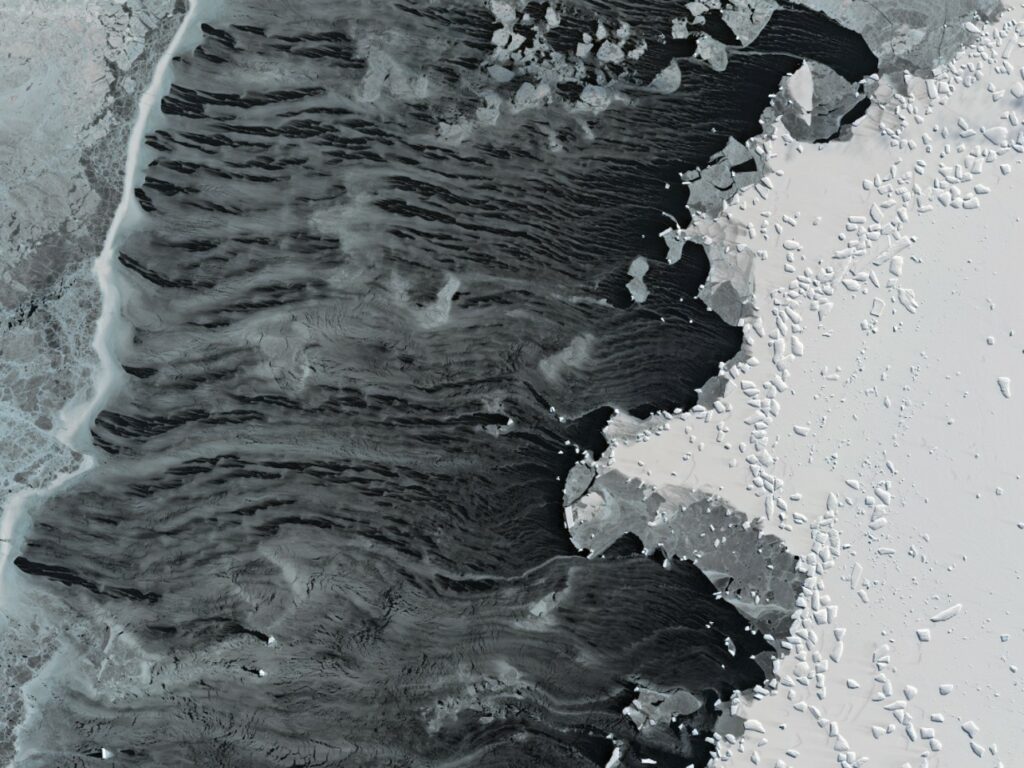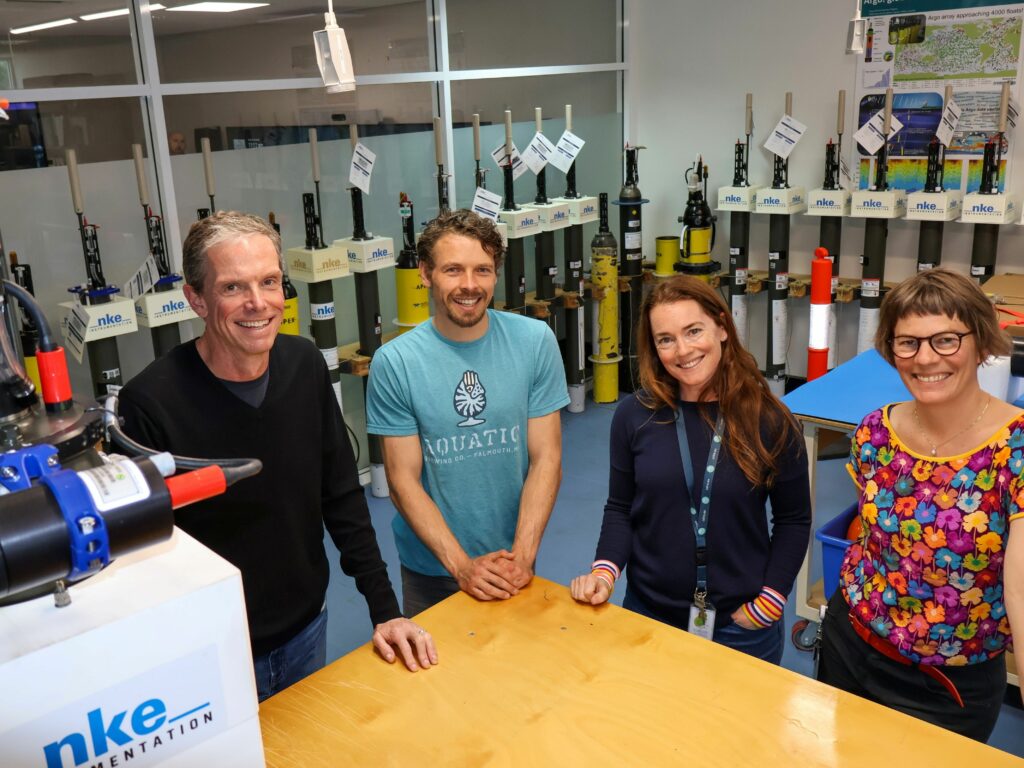Research awards for Antarctica in a changing climate
27 August 2024
Six early-career researchers from the University of Tasmania have been awarded a total of $2,866,305 in the 2025 Discovery Early Career Researcher Awards (DECRAs), funded by the Australian Research Council.
Three of the awardees are with the Institute for Marine and Antarctic Studies (including two with the Australian Antarctic Program Partnership):
Dr Lavenia Ratnarajah, Australian Antarctic Program Partnership, Institute for Marine and Antarctic Studies
Project: Assessing impacts of ocean warming on carbon export in the Southern Ocean, awarded $470,255
“Zooplankton are a diverse group of often-microscopic animals that account for around 40 percent of the ocean’s biomass. They can consume three-quarters of the microscopic plants called phytoplankton that live in the upper ocean, and through their poop and vertical migration, they transport carbon from the upper ocean to deeper waters.”
“Despite their crucial role in the marine carbon cycle, the extent of carbon transported into the deep ocean by zooplankton like krill remains poorly understood. Results from this study will be used to improve how zooplankton are represented in global climate models to better predict changes in marine carbon cycling in a changing climate.”
“This award is an incredible honour and a personal milestone in my journey as a marine scientist, and inspires me to continue pushing the boundaries of our understanding, particularly in how these processes influence our planet in the face of climate change,” she said.

Dr Edward Doddridge, Australian Antarctic Program Partnership, Institute for Marine and Antarctic Studies
Project: Southern Ocean Heat Fluxes: Melting Ice and Global Oceanic Circulations, awarded $460,183
“The heat transported by the Southern Ocean towards Antarctica ends up melting ice shelves, which control the rate that land ice enters the ocean and contributes to global sea-level rise. However, the response of the Southern Ocean to climate change remains highly uncertain.”
“This project will address this fundamental research gap by providing robust projections for how this heat transport will change in the coming decades and centuries. More accurate sea level rise and climate projections will help protect Australian sectors vulnerable to climate extremes, including coastal communities, agriculture, water management, and tourism.”
“It’s a huge honour to receive this funding from the Australian Research Council. As with most grants in Australia, the odds of success are low, and many fabulous researchers missed out. I’m thrilled that my application was one of the lucky ones,” he said.

Dr Jan Jansen, Institute for Marine and Antarctic Studies, ARC Centre of Excellence for Antarctic Science
Project: Mapping baselines and observing trends of Antarctic seafloor biodiversity, awarded $488,691
“Antarctic seafloor communities are highly diverse and provide many critical ecosystem services, such as habitat for commercially important fish species and a resource for pharmaceutical compounds. However, a lack of data means we don’t understand how they respond to a rapidly changing environment.”
“My project will combine biodiversity mapping, seafloor images and artificial intelligence with the development of the world’s first submersible-based monitoring project to fill crucial knowledge gaps that currently hinder informed management of one of the most unique and pristine ecosystems on Earth.”
“I feel incredibly grateful to all my colleagues and collaborators who developed this project with me and have supported me in the past. Receiving this DECRA is a great honour, and a lot of exciting science lies ahead,” he said.

Leader of the Australian Antarctic Program Partnership, Prof Nathan Bindoff, said that Antarctica and the Southern Ocean are critical elements of this planet, and what happens in these harsh environments affects us all.
“The three DECRA projects are addressing important aspects of the impacts of human-induced climate change in Antarctica and the role of the region in the global climate system – whether the carbon cycle, warming of polar waters, or critical Antarctic ecosystems.”
“My heart-felt congratulations to all UTAS DECRA awardees. It’s fantastic to see these prestigious awards from the Australian Research Council for our early career researchers,” Prof Bindoff said.



